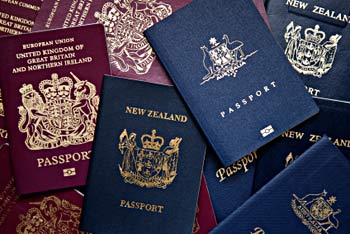
Nationality (Week 11-12 )
Nationality is a legal relationship between an individual person and a state.Nationality affords the state jurisdiction over the person and affords the person the protection of the state. What these rights and duties are varies from state to state. This relationship generally enables intervention by a State to provide help and protection to its nationals when they are harmed by other States.
By custom and international conventions, it is the right of each state to determine who its nationals are. Such determinations are part of nationality law. In some cases, determinations of nationality are also governed by public international law—for example, by treaties on statelessness and the European Convention on Nationality.
Nationality differs technically and legally from citizenship, which is a different legal relationship between a person and a country. The noun national can include both citizens and non-citizens. The most common distinguishing feature of citizenship is that citizens have the right to participate in the political life of the state, such as by voting or standing for election. However, in most modern countries all nationals are citizens of the state, and full citizens are always nationals of the state.


